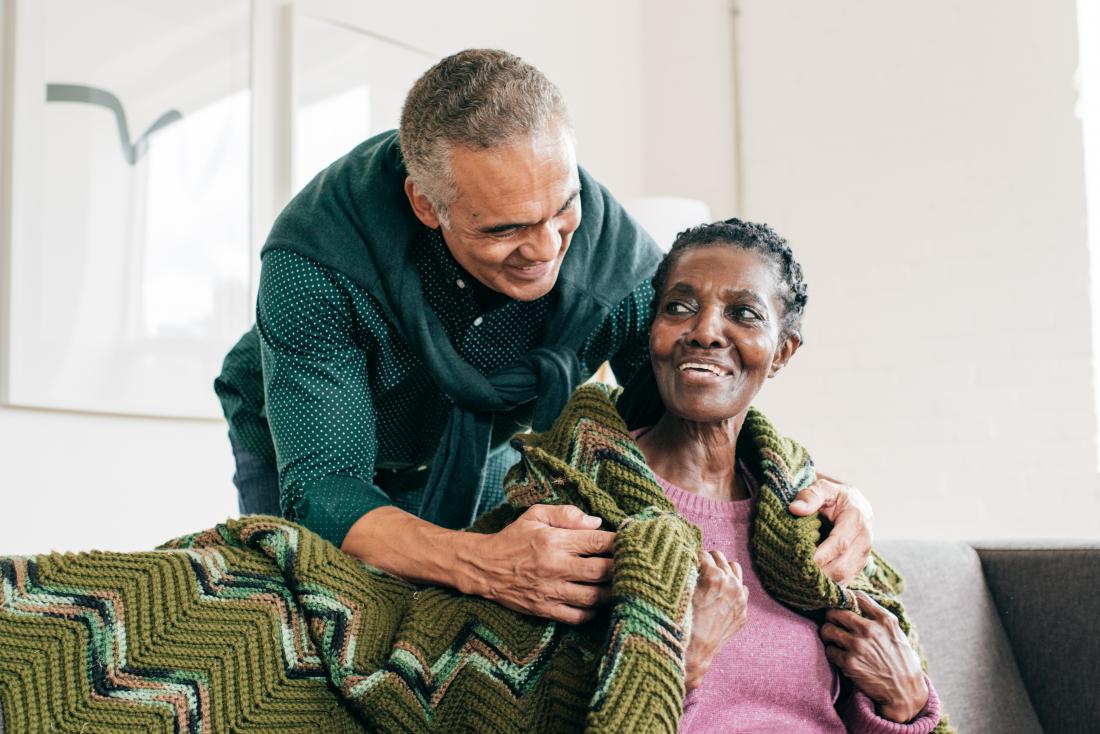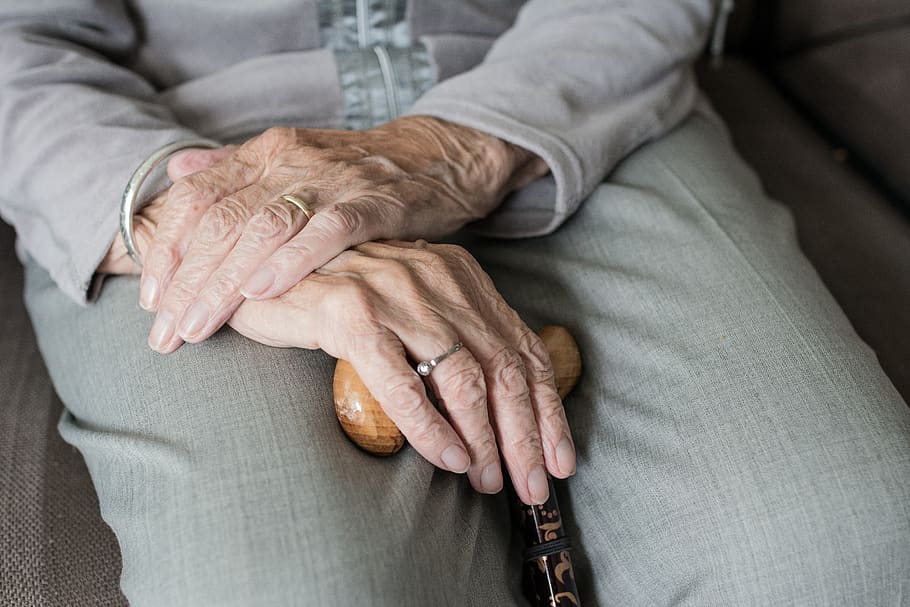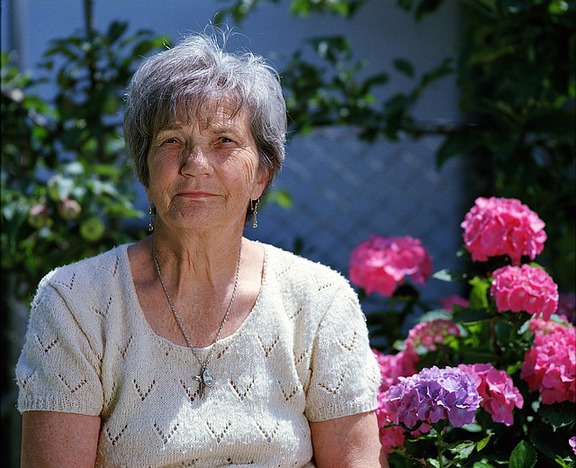Someone you like and who cared about your newly diagnosed Alzheimer’s diagnosis now? The following steps can be truly overwhelming and emotional, especially if you are unfamiliar with caring for someone with Alzheimer’s. There is also no reliable guide to Alzheimer’s care, given that the disease varies from person to person. Each patient’s progression through the condition has its own unique speed, pace, and rhythm. To provide the best possible care for someone who has Alzheimer’s, you need to be patient, flexible, and proactive as the illness progresses. Here are some expert-supported tips to help you get started with a tidy care plan for your closed ones and help you navigate the process in the long run.
#1. Familiarize Yourself With the Onset and Progression of Alzheimer’s Disease

This may seem obvious, but you won’t help a person with Alzheimer’s unless you have a good understanding of how the disease limits the person and what attitudes and management are involved. That’s really the number one step for a caregiver. If you’re unsure where to start, good resources are the Alzheimer’s American Foundation (AFA) and the Alzheimer’s Education and Transfer Center (ADEAR). You can also call your local hospital and ask about training resources, as they often have educational programs on Alzheimer’s disease and dementia. Talking to other people caring for an Alzheimer’s patient, or reading all about it online, can also help you see new perspectives and help you prepare for the more notable aspects of care.
#2. Decide if You Will Take Care Of Your Loved One in Their Own Home

In the early stages of Alzheimer’s, a person may be OK to stay in their house with appropriate supervision and assistance, especially if they live with someone else (such as a family member or partner) who is willing and is capable of taking the responsibilities of the caring roles. If they live alone, look for someone who can visit regularly and be a health care attorney and emergency contact. To ensure that your home is designed to reduce the risk of injury or confusion and suffering to a person with Alzheimer’s disease, check the security of your property carefully. This may include posting emergency contact numbers in a visible place, lowering the phone ringtone to avoid surprising information, covering unused electrical contacts recommended by the National Agency for Aging Institute, or inserting a spare key somewhere that can be accessed they block themselves or outside. Also, consider social work counselling for a comprehensive internal security review and assessment and the need for a medical alert bracelet or a possible safe return program.
#3. Evaluate Their Support System and Figure Out How To Set It Up

It’s important to point out that their support system is also your support system! You will not be able to be there every day, and you’ll need extra help and a contingency plan. Everyone, especially the caregiver, needs a break. This is where coming care comes in. Medical care means that someone enters to provide care and gives the primary caregiver some time away from their responsibilities while keeping the patient in a controlled environment. Respite care could be home visits by a voluntary or paid service, family members, or friend. Or you can seek adult daycare centres in your area where your loved one can be with other people with the same illness, in a social environment for a short or even overnight or a more extended stay, depending on the care centre’s services.
Discuss with trusted friends and family who live close to a loved one with Alzheimer’s Hospital about whether they are willing to take care of the person’s ongoing care. It is not a one-person job, so it is essential to reach out as soon as possible to let people know that their help may be needed and is greatly appreciated. Some families also need to find ways to provide long-distance traffic. For example, it could mean that one of your brothers flies for a while to take care of dad, and then your sister drives down to take over the next one. These measures require hard negotiation and patience to create a system that protects the patient and the mental and physical well-being of all those involved. You don’t want to wait for the crisis and hurry up and find a solution.
Want to know more ways of how you can care for a loved one with Alzheimer’s? Stay tuned for the second part!








[…] some tips to help you understand and give you confidence in caring for ill patients. Check out the first part of this blog for more helpful […]
[…] when taking on the role of carer for people with dementia. Don’t forget to check the first and second parts of this article for more […]